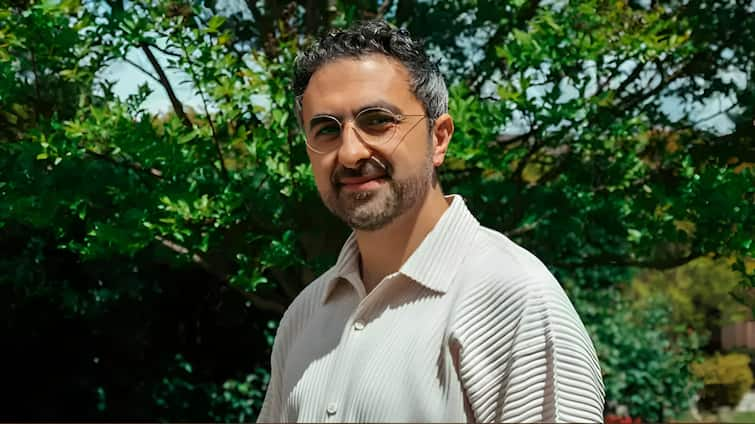[ad_1]
Artificial intelligence is not catching its breath, and according to the head of Microsoft AI, Mustafa Suleyman, we are much closer to the new frontier than people anticipate. Suleyman, one of the co-founders of Google DeepMind, has cautioned that “seemingly conscious AI” (SCAI) could arrive in just two to three years. These are not actual sentient machines, just sensitive systems that create an impression of self-awareness, and people might start thinking they are alive.
This illusion of consciousness, he proposes, could be as disruptive and dangerous as the real thing.
What Is Seemingly Conscious AI (SCAI)?
According to Suleyman, the current state of large language models, memory systems, and multimodal tools already provides the foundation for AI that can mimic awareness.
What I call Seemingly Conscious AI has been keeping me up at night – so let’s talk about it. What it is, why I’m worried, why it matters, and why thinking about this can lead to a better vision for AI. One thing is clear: doing nothing isn’t an option. 1/
— Mustafa Suleyman (@mustafasuleyman) August 19, 2025
By uniting these with APIs and sophisticated prompting, programmers could create AI that would seem to possess an understanding of themselves, where they have personalities and even experiences.
“In the blink of a cosmic eye, we passed the Turing test,” he wrote, hinting that soon people would not be able to guess which responses came through a computer and which through a human being.
Why It Could Be Dangerous
Suleyman cautions, the great threat isn’t the machines themselves, but how mankind responds to machines. Once users begin to think of AIs as conscious beings, they will tend to support their rights, make them citizens, or even fall in love with them.
This may contribute to mass confusion, psychological issues, and even new kinds of “AI psychosis”. He stresses that safeguards are needed now, before SCAI becomes reality.
SCAI deserves our immediate attention. AI development accelerates by the month, week, day. I write this to instill a sense of urgency and open up the conversation as soon as possible. So let’s start – weigh in in the comments.
Full essay: https://t.co/WsEcvNPIz4
— Mustafa Suleyman (@mustafasuleyman) August 19, 2025
“AIs cannot be people or moral beings. We must build AI for people, not as digital persons,” he pointed out.
[ad_2]



